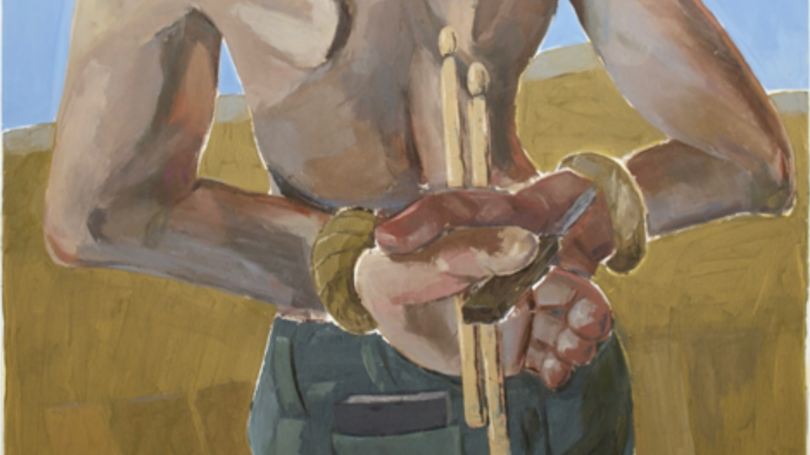
- Undergraduate
- Foreign Study
- Research
- News & Events
- People
Back to Top Nav
Back to Top Nav
Back to Top Nav
Police violence—however broadly or narrowly conceptualized—is a long-standing, global and multiscalar issue, one lived and suffered on an intersectional basis by people constituted in societies as "suitable enemies:" the symbol and targets of all societal anxieties and ills. The recent cases in Brazil, France, Nigeria, the U.S.A., and Uganda reflect a broader geography of state-driven police violence, largely inflicted on BIPOC peoples worldwide. At the same time, the specificity and resurgence of antiblack racist ideologies and violence African descended peoples have resulted in the United Nations resolution (43/1), adopted by its Human Rights Council. The Council strongly condemned the "continuing racially discriminatory and violent practices perpetrated by law enforcement agencies against Africans and people of African descent," following "urgent debates" on "current racially inspired human rights violations, systemic racism, police brutality and violence against peaceful protests." Concurrently, the Council reaffirmed its guiding principles of "promoting and encouraging respect for human rights and fundamental freedoms for all," principles central to this gathering.
This week-long, international symposium, comprised of 54 artists, activists, alumni, students and scholars, draws its inspiration from the United Nations resolution (43/1). Adopted by its Human Rights Council on June 19, 2020, the resolution calls for the "promotion and protection of the human rights and fundamental freedoms of Africans and of people of African descent against excessive use of force and other human rights violations by law enforcement officers." This multifaceted event, convened by a campus-wide Dartmouth collective, explores this complex, difficult and urgent issue through a series of discussions, art exhibits, and films.
For complete information and to register, please visit the Police Violence website.